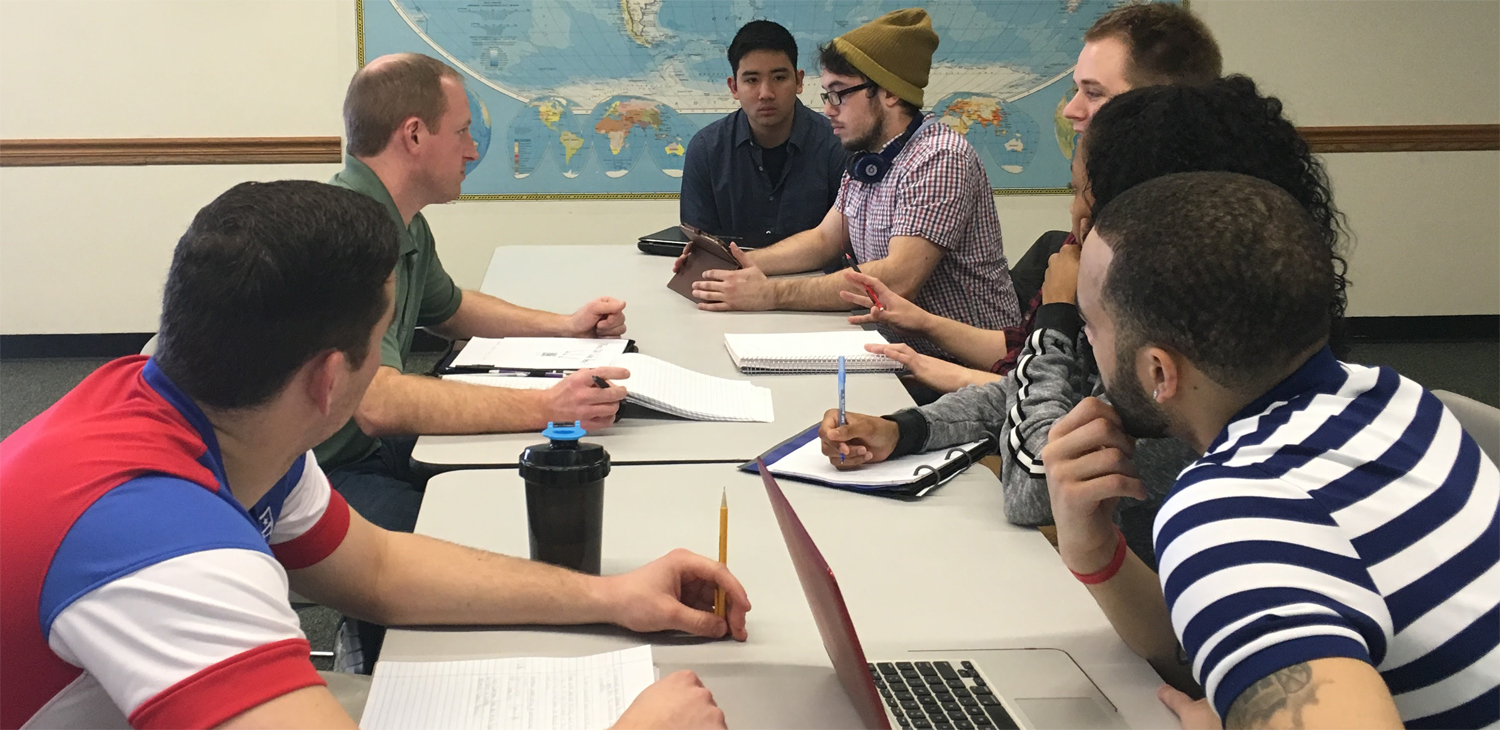Students from Professor Rosie Hauck’s business information systems (BIS) class joined forces with Miller Park Zoo to improve business processes for the organization and create valuable tools the zoo can use. This capstone class for BIS majors in the College of Business allows students “real world” experiences that benefit businesses with little or no budgets.
“I look for clients that have a need and I often look for nonprofits or small businesses that normally wouldn’t have resources to improve their business processes,” said Hauck.
The focus of the class is for students to understand how to recognize business needs and requirements, and translate them into technical specifications and computer systems. “They have to be able to work with both business issues—and understand business—and then they also have to understand technology, coding, software, and hardware,” explained Hauck.
The class is taught using the SCRUM approach, a project management framework. “With this framework students learn how to deliver the maximum amount of value to a business client in a short amount of time,” explained Hauck. “It also allows students to figure out quickly if they are on the wrong path at the beginning of the business process, rather than when the project is almost complete.”
The projects began when the students met with the Miller Park Zoo business manager to find out the needs of the organization. The students were then divided into five small groups and worked in two-week increments called sprints. They had to meet four sprint goals throughout the semester.
“With the sprints, if you missed something, you find out very quickly,” said Hauck. “It does put some pressure on you because you have the time factor and you have to deliver something at the end of the two weeks.” In order to accomplish these short-term goals, the students have to rely on the communicative aspect of working together as a team which includes certain values such as openness, trust, and respect.
Another challenge for each group of students is learning how to utilize everyone’s skills at the same time, so that they are not wasting anyone’s effort. Hauck said that students have to determine the best solution to deliver the most value to the client. She also explained that working with these business partners allows her students to become conscious experts, which means they have to be aware and not assume anything about the businesses before they know them better.
The five groups each delivered a product that can be used by Miller Park Zoo to improve their business processes and better accommodate visitors. The projects ranged from customer surveys, new databases to track information from the zoo volunteer schedule to the zookeeper’s report, and a mobile navigation application so visitors can learn more about the animals at the zoo.
Hauck explained that a lot of teams are working across these boundaries and working together because some of the projects will overlap. “These aren’t just assignments; they are real-life projects. Ultimately they are deploying something that will actually be used and have the potential to make huge impacts for their clients,” she said.

